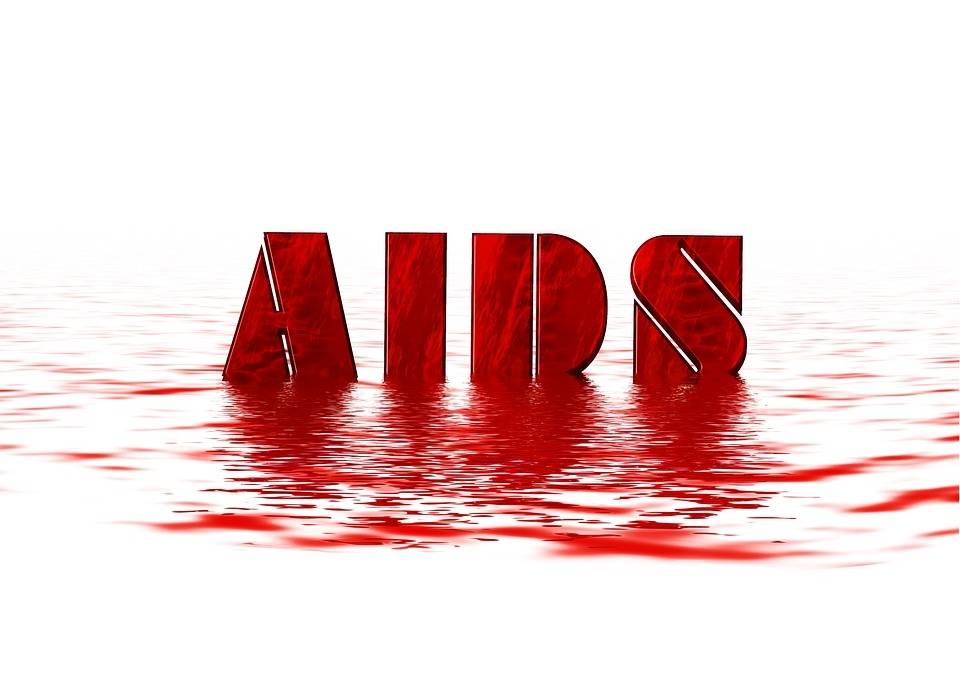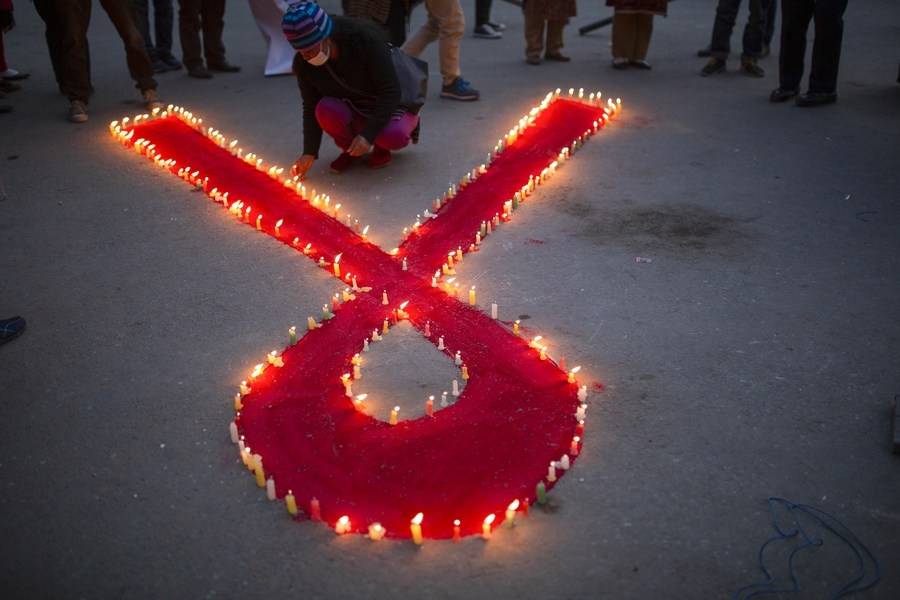“Primary education is free in Kenya. We have a challenge in slum areas, but we will ensure all children are in school,” he said in a statement issued after the meeting…reports Asian Lite News
Kenyan Deputy President Rigathi Gachagua has said that the government is ramping up efforts to contain the rising new HIV infections among adolescents and young adults.
Gachagua, who received Joint United Nations Program on HIV and AIDS (UNAIDS) Executive Director Winnie Byanyima in the Kenyan capital of Nairobi, said the government has roped in local administrators, lawmakers and other interest groups in fighting triple threats facing adolescents and teenagers.
The “triple threats” are HIV infections, adolescent pregnancies, and sexual and gender-based violence (SGBV) among adolescents and young adults.
According to the National Syndemic Diseases Control Council (former National AIDS Control Council) report of 2022, at least 52 percent of the 29,380 new infections were among adolescents and young adults aged 15-29.
A majority of these cases are girls and young women. Female genital mutilation (FGM), SGBV, and teenage pregnancies have been singled out as threats predisposing girls in Kenya and globally to HIV/AIDS, according to the report.
Gachagua attributed the high number of infections in 2021 to the Covid-19 pandemic. Due to the closure of schools, he said, the children were at home, making them more vulnerable to sexual exploitation, FGM, and forced marriage, which have been linked to the rise of infections.
“Primary education is free in Kenya. We have a challenge in slum areas, but we will ensure all children are in school,” he said in a statement issued after the meeting.
Gachagua said the government’s vision is to remove all barriers impeding access to education and economic empowerment through an integrated government approach.
Against the backdrop of reducing global funding to countries in various programs, Byanyima considered Kenya a priority in accessing more resources to curb the rising cases among adolescents, teenagers, and mother-to-child transmission.
She called on the government to bring all the 1.4 million people living with HIV/AIDS under antiretroviral therapy (ART).
Currently, 1.2 million people living with HIV/AIDS are under ARTs, while 200,000 others — mostly children — are not, according to government statistics.
Byanyima said the most cost-effective and sustainable way is to establish local pharmaceuticals to produce medical products, adding that “we need to manufacture the drugs here (locally). We will work with you on that.”
Although new HIV infections remain high, they have significantly reduced over the years. In 2013, Kenya recorded about 278 people newly infected with HIV per day, according to the statistics.
This number has declined to approximately 95 cases per day. The annual cases of mother-to-child transmission have dropped in half from about 12,940 to 5,160 cases between 2013 and 2022.
ALSO READ-Kenya on course to eliminating neglected tropical diseases



